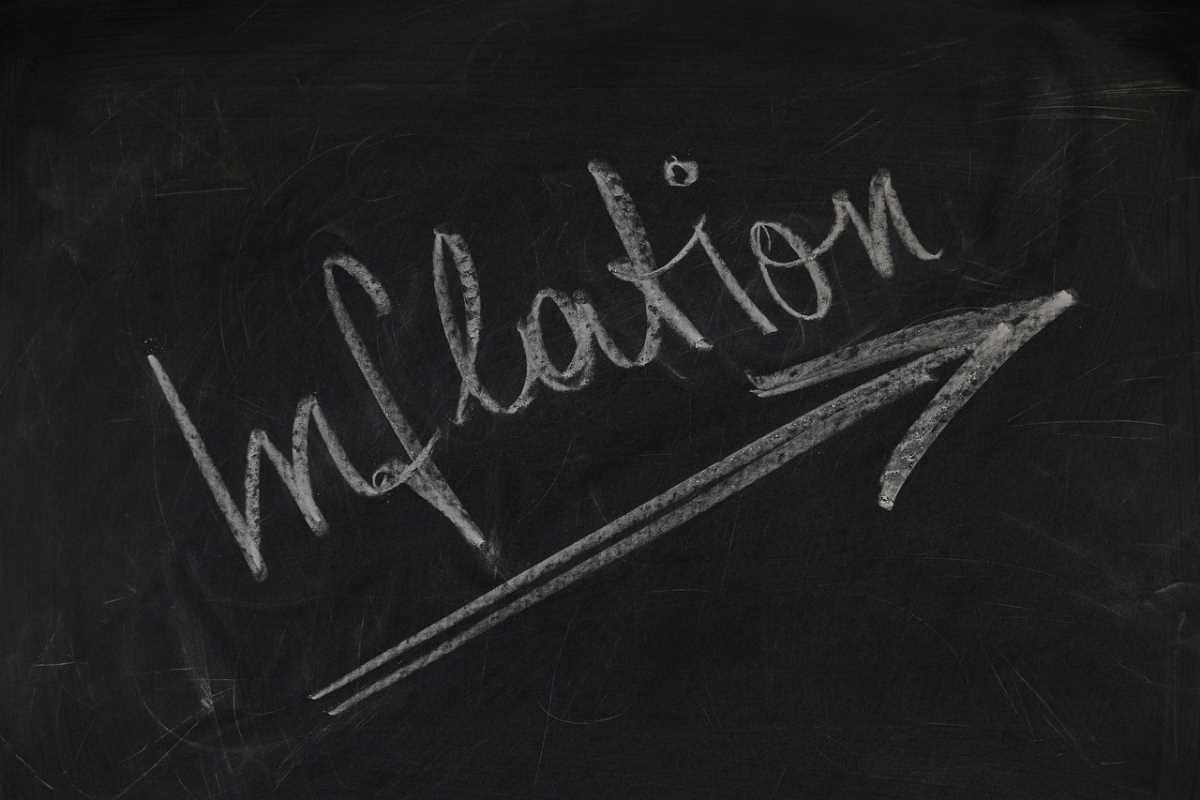 Photo: Pixabay In June, Brazil's annual inflation reached its lowest level since September 2020, signaling a significant change in the national economic scenario. Specifically, prices registered a monthly drop of 0.08%, the first deflation recorded since September last year.
Photo: Pixabay In June, Brazil's annual inflation reached its lowest level since September 2020, signaling a significant change in the national economic scenario. Specifically, prices registered a monthly drop of 0.08%, the first deflation recorded since September last year.Government policies, global market conditions and consumer behavior play an important role in determining the rate of inflation.
An interesting aspect of this analysis involves observing the financial market and its reactions to economic changes. For example, many traders use platforms like IQ Option Signal Room to monitor market movements in real time. The platform provides valuable information about market trends, allowing users to make informed decisions about their investments.
And what are the implications for monetary policy? These indicators reinforce expectations of an imminent cut in interest rates by the Central Bank of Brazil. What was it like before? It is worth remembering that the Central Bank of Brazil has been experiencing an aggressive monetary tightening cycle since the beginning of 2021, with the Selic base rate reaching 13.75%, the highest level in six years. Given that most of the work has already been done, economists are now debating the expected size of the next cut.
Annual inflation in Latin America's largest economy decreased to 3.16% in June from 3.94% in May, in line with market expectations of 3.17%, according to data from the Brazilian Institute of Geography and Statistics (IBGE). ).
And what are economists’ projections? Economists have differing opinions on whether rates should be reduced or not. Capital Economics predicts a 25 basis point reduction in the Selic rate, to 13.50%, but also highlights that the risks increase towards a larger cut, of 50 basis points.
Financial markets reacted quickly to inflation data. The benchmark Brazilian stock index, Bovespa, fell 1.7% following the announcement, while the Brazilian real fell 0.5% against the dollar.
But what does this deflation mean? Consumer prices fell 0.08% from May to June, mainly due to falling food, beverage and transportation costs. What were its consequences? Although the drop was slightly smaller than the 0.1% drop expected by economists, it is in line with the central bank's forecast for the month, as indicated in its quarterly inflation report released at the end of June.
With regard to inflation targets and forecasts... Brazil's annual inflation, currently within the established target of 1.75% to 4.75% for this year, is subject to change. Analysts expect inflation to rise from July onwards due to adverse base effects. However, private economists consulted by the central bank have been continually revising their projections for 2023 over the past eight weeks. It is now estimated that the year will end with inflation of 4.95%.
President Lula Luiz Inácio's point of view Brazilian President Lula da Silva has been in favor of cutting interest rates. They argue that high rates are hindering economic growth. Lula welcomed the downward trend in inflation and reinforced his position in favor of accommodating monetary policy.
Recent inflation data in Brazil indicates a significant change in the country's economic outlook. With inflation at its lowest level in almost three years, will the central bank consider a rate cut to stimulate economic growth? Despite economists' divergent forecasts, both the markets and President Lula remain attentive to the evolution of Brazil's economic trajectory.
